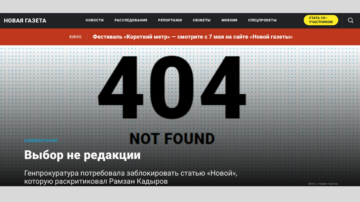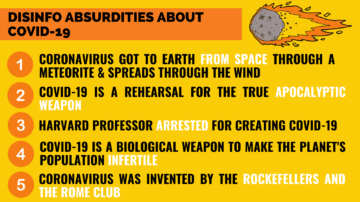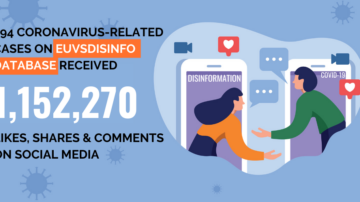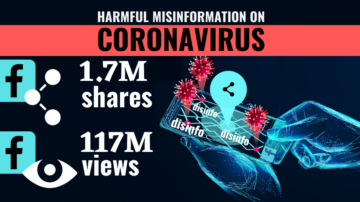June 11, 2020
Crisis (Non-)Management, Pro-Kremlin Style
We are celebrating 200 issues of the Disinformation Review! This week’s topics: racial injustice protests and a second wave of coronavirus disinfo.









Cases in the EUvsDisinfo database focus on messages in the international information space that are identified as providing a partial, distorted, or false depiction of reality and spread key pro-Kremlin messages. This does not necessarily imply, however, that a given outlet is linked to the Kremlin or editorially pro-Kremlin, or that it has intentionally sought to disinform. EUvsDisinfo publications do not represent an official EU position, as the information and opinions expressed are based on media reporting and analysis of the East Stratcom Task Force.